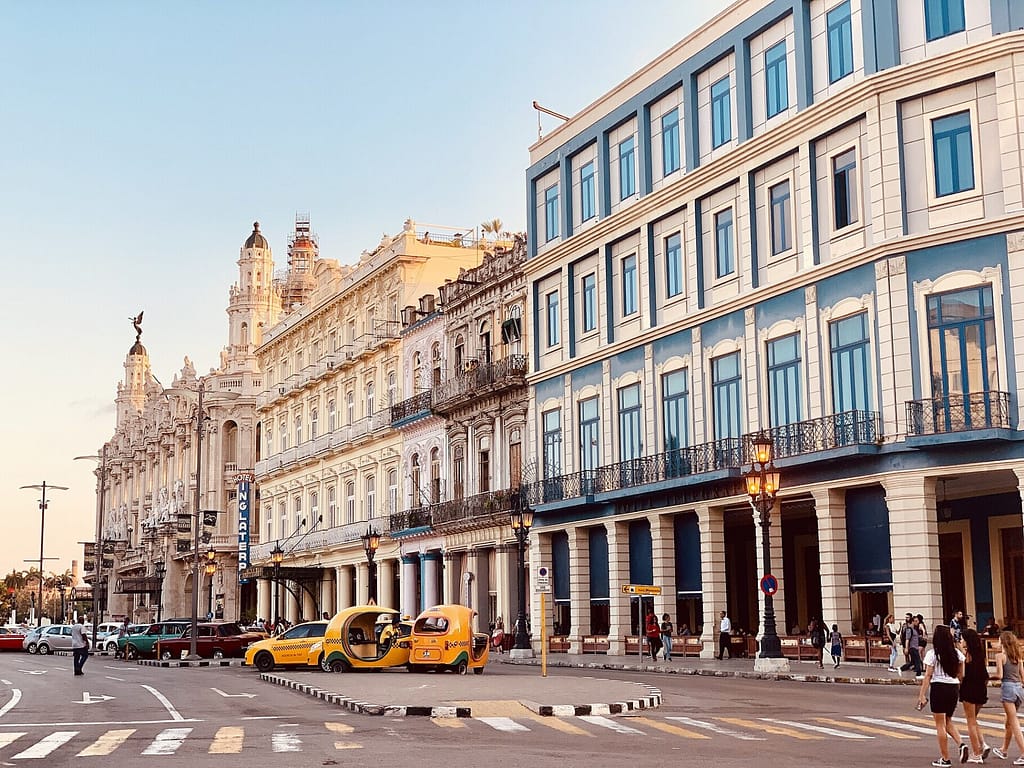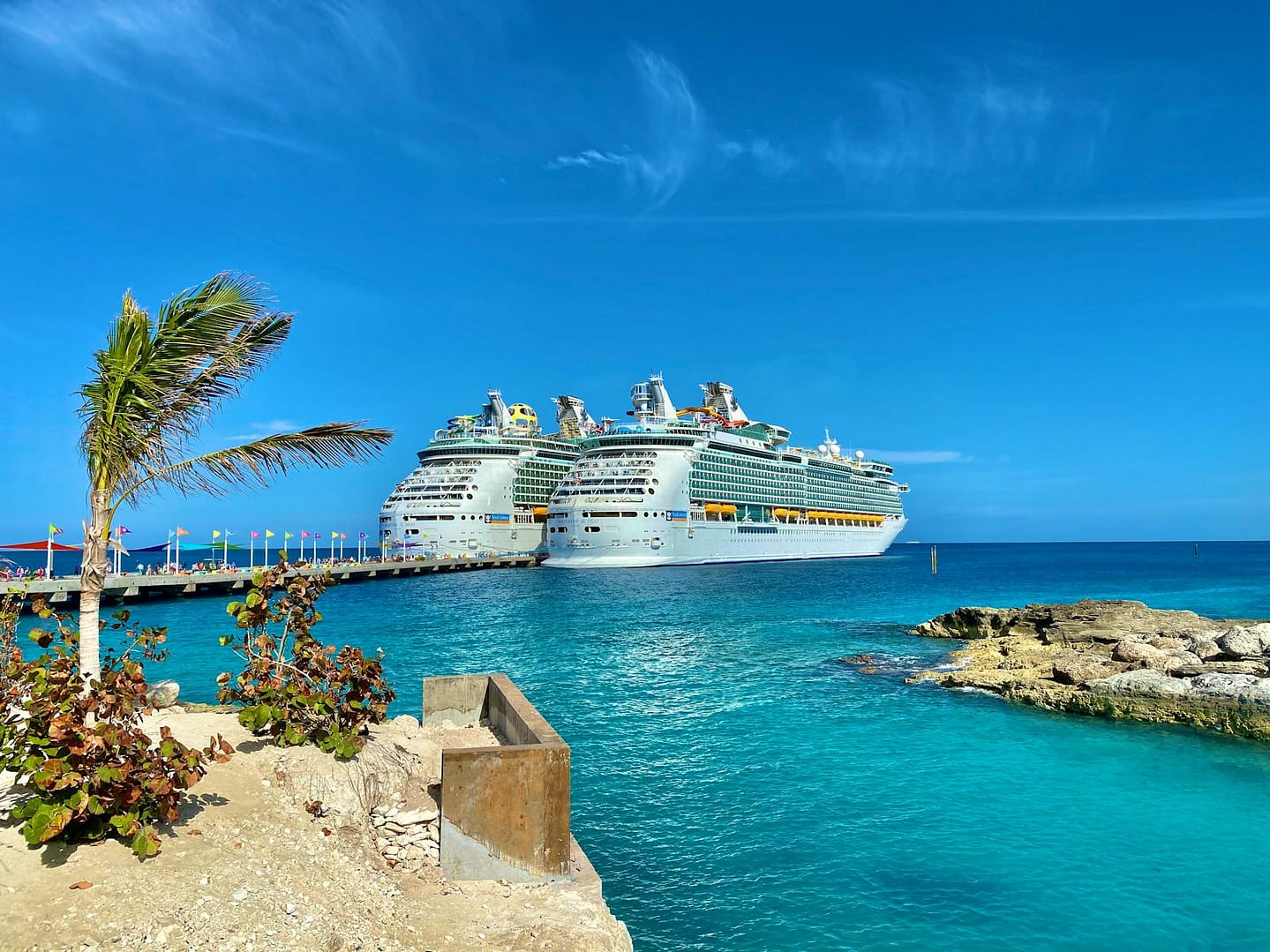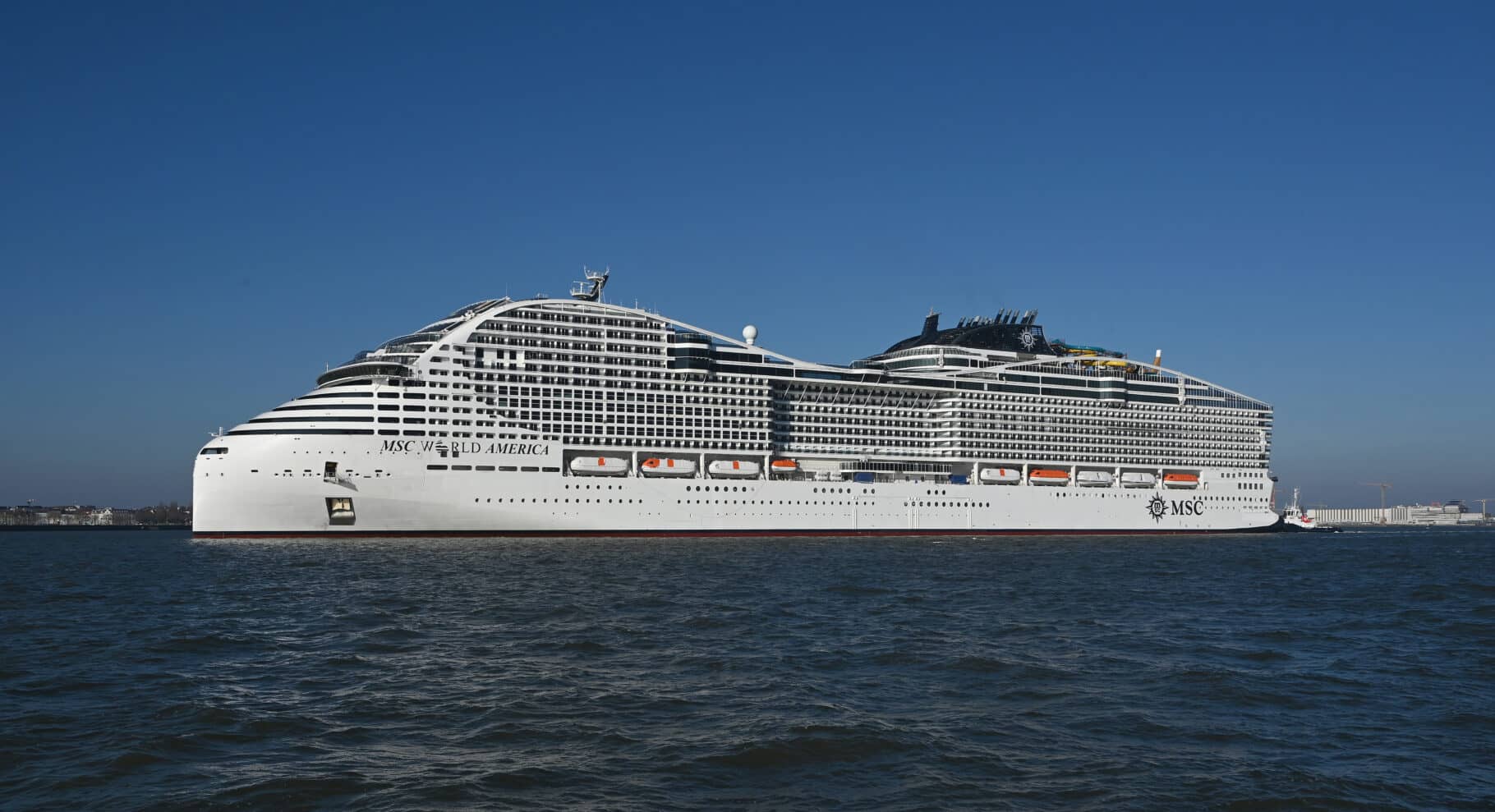Appeals Court Overturns $451 Million Judgments
In a landmark legal decision, the world’s four largest cruise ship operators—Royal Caribbean Group, Norwegian Cruise Line Holdings, Carnival Corp, and MSC Cruises—have secured a significant victory in their ongoing legal battles over port calls in Cuba. A federal appeals court has overturned $451 million in judgments against these cruise giants, related to their use of docks that were confiscated following the 1959 Cuban Revolution.
The U.S. Eleventh Circuit Court of Appeals ruled that the cruise lines’ activities did not amount to “trafficking” under the Cuban Liberty and Democratic Solidarity Act, commonly referred to as the Helms-Burton Act. This ruling reverses a previous decision made by U.S. District Judge Beth Bloom, who had found in favor of Havana Docks, a U.S.-registered company that was awarded damages for the cruise lines’ use of the Havana Cruise Port Terminal.

Judge Adalberto Jordan, writing for the majority, clarified that Havana Docks’ interest in the terminal property had expired in 2004, effectively nullifying any claims of trafficking related to the cruise lines’ operations from 2016 to 2019. The cruise lines began calling at the Havana terminal after sanctions on Cuba were eased during the Obama administration in 2016.
While this ruling marks a significant legal win for the cruise industry, the case is far from over. The appeals court has sent the matter back to Miami for further evaluation concerning the use of the Havana dock by Carnival’s Airtours and Costa Cruises between 1996 and 2001.
This ongoing saga underscores the complex relationship between international law and the cruise industry, highlighting the challenges and opportunities that arise in a rapidly changing global landscape. As the legal landscape evolves, cruise operators will continue to navigate these waters while aiming to expand their offerings in Cuba and beyond.






